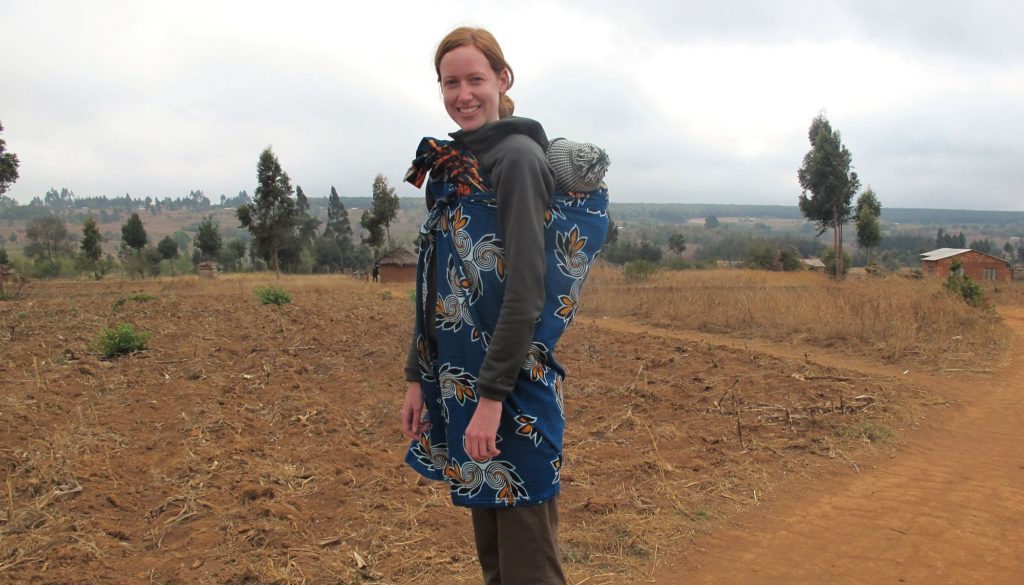Study Abroad – Tips for a Rewarding Experience
Studying abroad presents enriching and life changing opportunities. Study abroad can include internships, field studies, research, or community service projects. For any type of study abroad a key component of a successful experience is preparation, especial ly when travelling to countries where health and safety concerns differ from those in Canada. Below are some tips to help you prepare for a healthy and successful experience.
Research your destination
Learn about the health an safety risks at your destination. Visiting a travel clinic can help to inform you of possible health risks and how to prevent them. Be aware of cultural practices and local laws that may differ from those in Canada. Visit the Government of Canada’s website to be aware of any advisories that may exist for your destination:
https://travel.gc.ca/travelling/advisories
Get immunized
Visit a travel clinic to ensure routine vaccines are up to date, include tetanus, diphtheria, pertussis, polio, measles, mumps, rubella and hepatitis B. Depending on your destination, length of travel, and planned activities there may be additional vaccines recommended such as hepatitis A, typhoid, Japanese encephalitis, meningitis, and rabies. Some vaccines may also be required to enter certain countries (i.e. yellow fever). There is currently a shortage of the yellow fever vaccine so visit your travel clinic well in advance!
Travel Insurance
Purchase comprehensive travel medical insurance before departure. Carefully review the terms, conditions, exclusions and requirements so you know what’s covered. Ensure the plan will cover pre-existing medical conditions and will also include evacuation insurance back to Canada. Many policies do not cover extreme sports such as bungee jumping, scuba diving, or rock climbing so you may need to purchase a separate policy for these types of activities. Be sure to carry details of your policy with you at all times. Check out the Government of Canada’s guide to purchasing travel insurance:
https://travel.gc.ca/travelling/documents/travel-insurance
Emergency Planning
If you are a Canadian citizen register with “Registration of Canadians Abroad.” If you are not a Canadian citizen register with your home country’s foreign affair office. Carry a copy of emergency contact numbers for the local “911,” emergency contact information for the host institution, and telephone number for the nearest Canadian Consulate. Leave copies of your trip itinerary, travel documents, and prescriptions with a trusted person at home.
https://travel.gc.ca/travelling/registration
https://travel.gc.ca/assistance/embassies-consulates
Get a health and dental check-up
Visit your family doctor or walk in clinic to get a physical before your departure to ensure you are in good health. If you have any pre-existing medical conditions or allergies you should learn how to say these issues in the local language or carry a card with the translation. Consider wearing a medic alert bracelet as well. It’s also a good idea to see your dentist for a check-up before you travel. The last thing you’d want is an undetected cavity causing you grief during your trip!
Medications
It is best to carry enough prescription medications to last your entire trip including birth control, asthma inhalers, or any prescription medication you take on a regular basis. Travel with medications in the original, labelled containers in your carry-on bag. Bring a copy of your prescription, including the generic name for the medication, in the event you need to obtain itat your destination.
Travel medications include antimalarial medication, antibiotics for severe traveller’s diarrhea, and medication to prevent altitude sickness. Visiting a travel clinic can help determine which travel medications you may need and arrange prescriptions for these medications.
Eye Health
If you wear glasses or contact lenses bring a copy of your prescriptions. You may want to bring an extra pair of glasses in case one pair breaks. Bring enough contacts to last your entire trip. Contact lenses are not common in some countries so bring enough contact solution as well.
Pack a travel health kit
Visit our blog on packing essentials for a list of medical and toiletry items that will help guide your packing!
Studying abroad can be an incredible and rewarding experience. Preparation is key to a successful trip. Travel Safe!
TravelSafe Clinical Educator – Kristin Cain, RN, BSc, MSc(A)
Photo by Kristin Cain



